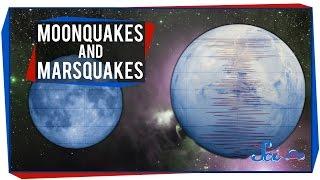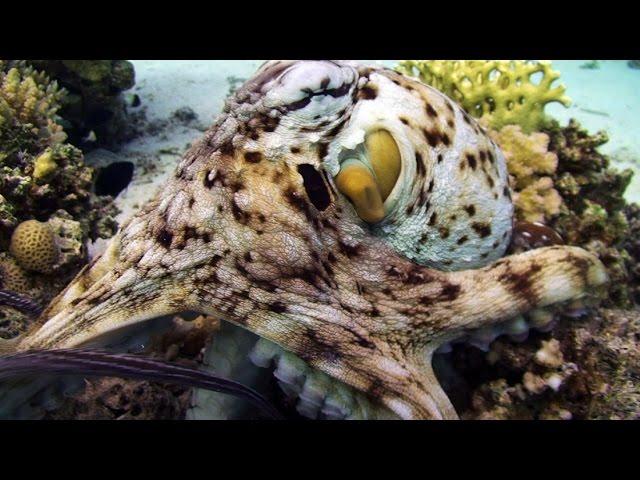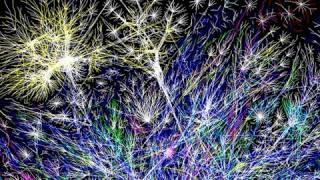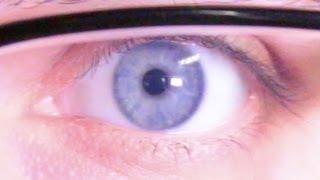Time Travel, Teleportation & Science
Time travel is the concept of moving between different points in time in a manner analogous to moving between different points in space, generally using a theoretical invention, namely a time machine. It has a commonly recognized place in philosophy and fiction, but has a very limited application in real world physics, such as in quantum mechanics or wormholes.
Although the 1895 novel The Time Machine by H. G. Wells was instrumental in moving the concept of time travel to the forefront of the public imagination, The Clock That Went Backward by Edward Page Mitchell was published in 1881 and involves a clock that allowed three men to travel backwards in time.[1][2] Non-technological forms of time travel had appeared in a number of earlier stories such as Charles Dickens' A Christmas Carol. Historically, the concept dates back to the early mythologies of Hinduism (such as the Mahabharata), Buddhism, and Islam through ancient folk tales. More recently, with advancing technology and a greater scientific understanding of the universe, the plausibility of time travel has been explored in greater detail by science fiction writers, philosophers, and physicists.
Teleportation, or Teletransportation, is the theoretical transfer of matter or energy from one point to another without traversing the physical space between them. It has a commonly recognized place in science fiction literature, film, and television, but as yet has a very limited application in real world physics, such as quantum teleportation or the study of wormholes.
Science (from Latin scientia, meaning "knowledge") is a systematic enterprise that builds and organizes knowledge in the form of testable explanations and predictions about the universe. In an older and closely related meaning, "science" also refers to a body of knowledge itself, of the type that can be rationally explained and reliably applied. A practitioner of science is known as a scientist.
In modern usage, "science" most often refers to a way of pursuing knowledge, not only the knowledge itself. It is also often restricted to those branches of study that seek to explain the phenomena of the material universe.
Source : Wikipedia
-
08:36
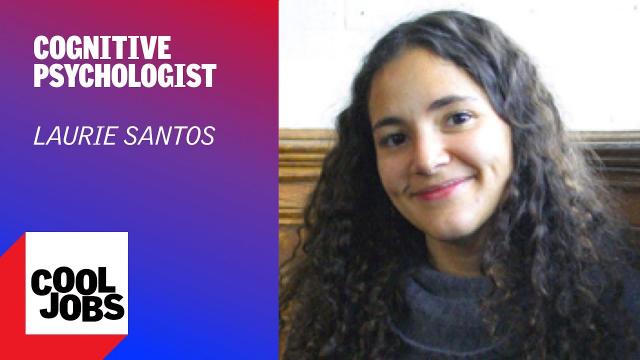
Cool Jobs: Monkey Mind Reader
Added 358 Views / 0 LikesLemurs, capuchin monkeys, and macaques help cognitive psychologist Laurie Santos understand how we think and are able to use tools, do math, and perform other tasks that make us human.Episode filmed live at the 2008 World Science Festival in New York CIty
-
02:10
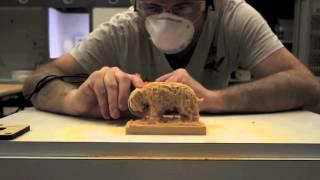
The FreeD: MIT 'smart tools' meld personal technique with computerized controls
Added 649 Views / 0 Likes -
05:18
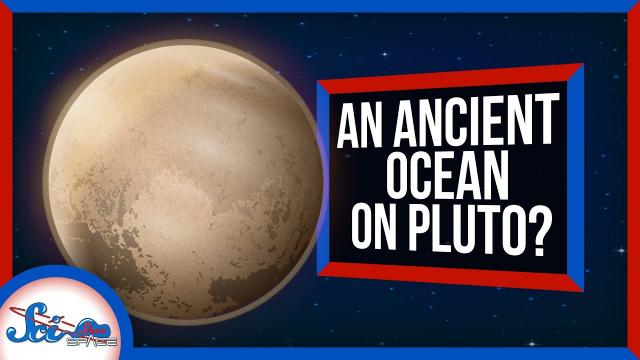
Our Galaxy Could Be Full of Exoplanets with Oceans | SciShow News
Added 417 Views / 0 LikesEarlier this spring NASA announced a new research model that predicts that ocean worlds are far from rare, and our galaxy might be full of them. And a new study examines evidence that Pluto may have had an underground ocean all along!Hosted by: Hank Green
-
55:44
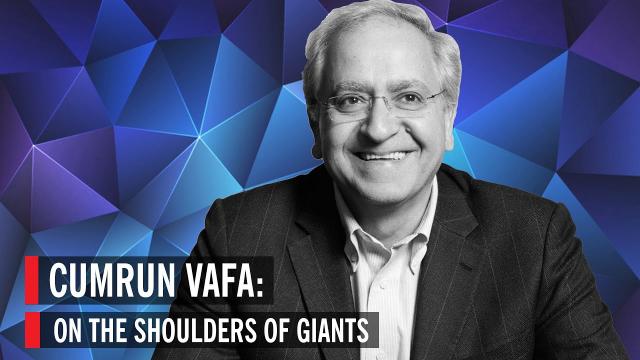
Cumrun Vafa: On The Shoulders of Giants
Added 377 Views / 0 LikesAcknowledging the scientists who blazed intellectual trails before him, Isaac Newton wrote: “If I have seen a little further it was by standing on the shoulders of giants.” In this special annual series, we invite our audience to stand on the shoulders of
-
1:01:00
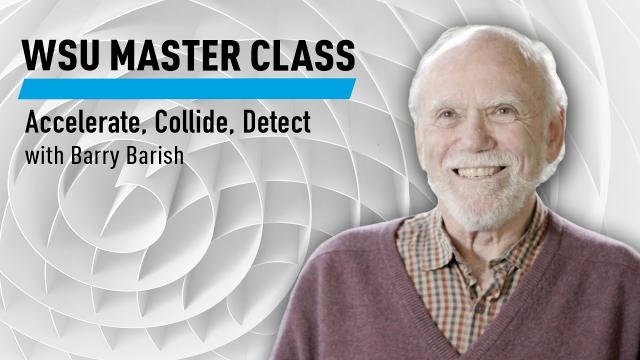
WSU:Accelerate, Collide, Detect with Barry Barish
Added 347 Views / 0 LikesParticle physics is a vibrant field entering into a period of profound discoveries. Nobel Laureate Barry Barish explores particle physics and examines the future of particle accelerators for pushing the limits of physics.This lecture was recorded on June
-
03:43
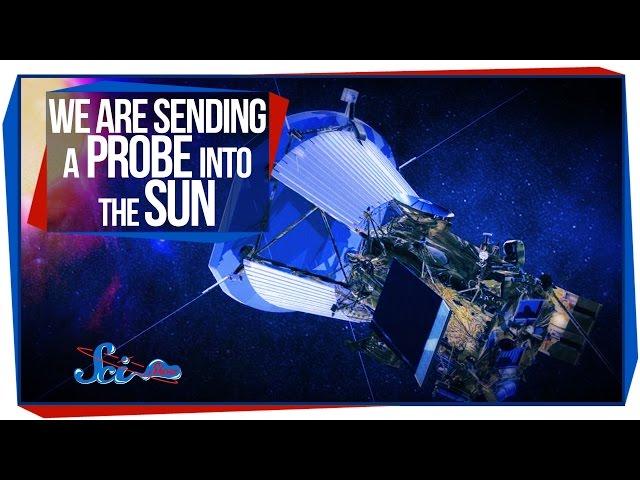
We Are Sending a Probe into the Sun
Added 723 Views / 0 LikesWe Are Sending a Probe into the Sun
-
05:54
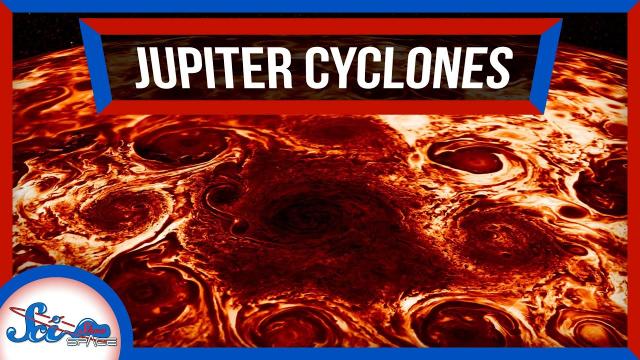
We Used 1800s Math to Solve One of Jupiter’s Biggest Mysteries
Added 264 Views / 0 LikesJupiter's storms cover the planet, but the ones at the planet’s poles have mystified astronomers for years: why haven’t they merged together yet?Hosted by: Hank GreenSciShow has a spinoff podcast! It's called SciShow Tangents. Check it out at http://www.s
-
02:51

Predicting behavior of sickle cells
Added 811 Views / 0 LikesPredicting behavior of sickle cells
-
03:20
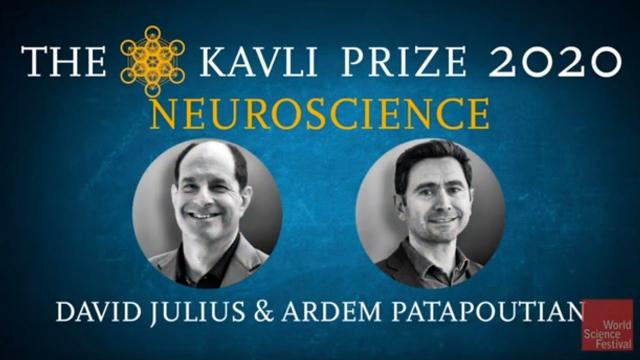
Science in Focus. The Kavli Prize 2020 | Neuroscience
Added 313 Views / 0 LikesTemperature and pressure. Two sensations of vital importance in one's daily life. Yet science has been lacking a deeper understanding of how these sensations are detected and encoded on a molecular level. Thanks to the work of David Julius and Ardem Patap
-
05:30
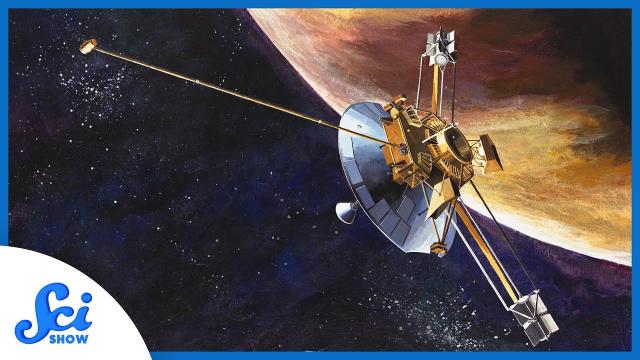
Pioneer 10: Our First View into Outer Planets
Added 194 Views / 0 LikesIn the 1970's, no vehicle had gone beyond the asteroids between Mars and Jupiter, that is until Pioneer 10.Hosted By: Hank Green----------Huge thanks go to the following Patreon supporter for helping us keep SciShow Space free for everyone forever: Jason
-
1:30:01
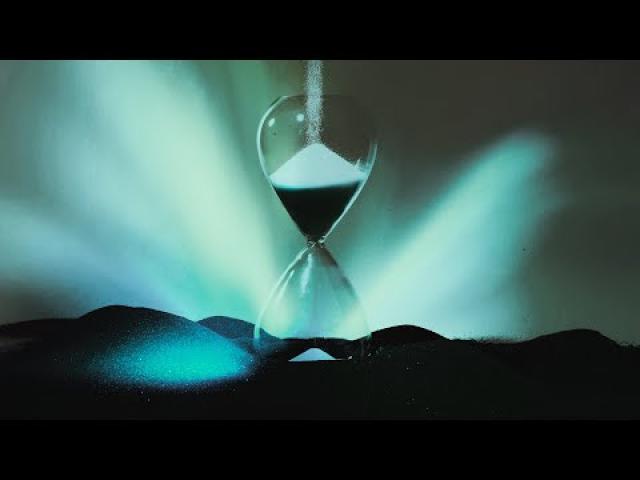
Lifespan Expanded: The Scientific Quest For A Fountain Of Youth
Added 167 Views / 0 Likes#BrianGreene #Lifespan #LongevityWe’re born, we grow old, we die. It’s a rhythm long considered inevitable. But is it? Or is aging merely a disease awaiting a cure? Will science one day stave off aging or even reverse it? Join us as four top scientists ex
-
04:04
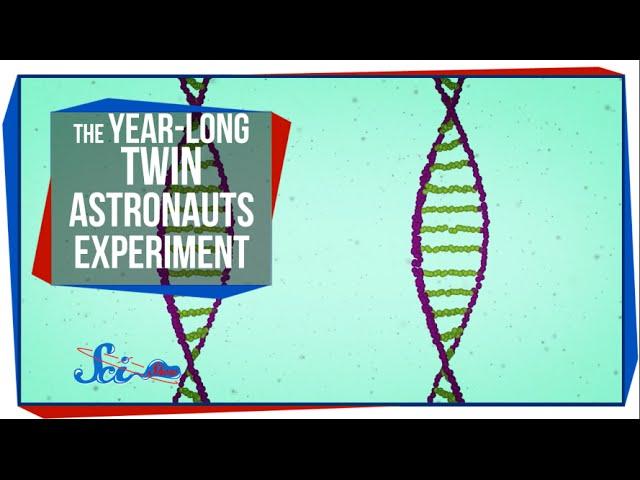
The Year-Long Twin Astronauts Experiment
Added 646 Views / 0 LikesThe Year-Long Twin Astronauts Experiment
-
05:38
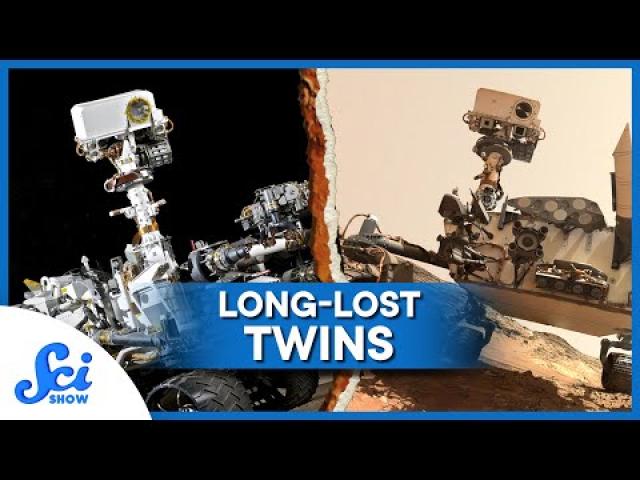
Why These Rovers Will Never Go To Mars
Added 199 Views / 0 LikesIt’s nice to think that every rover we land on Mars is totally unique, but isn’t it even nicer to know that they’ve got a twin or even a triplet here on Earth making sure they’re up for the job ahead?Hosted By: Caitlin Hofmeister----------Huge thanks go t
-
02:43
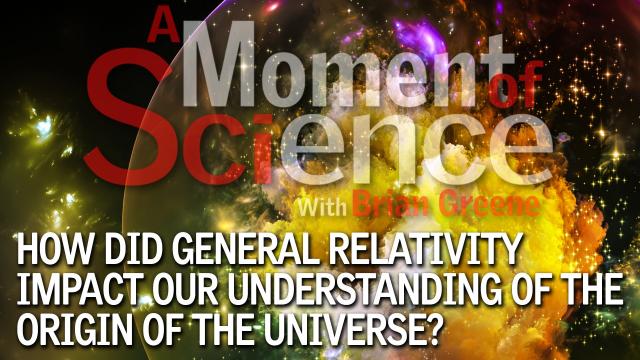
How did general relativity impact our understanding of the origin of the universe?
Added 726 Views / 0 LikesHow did general relativity impact our understanding of the origin of the universe?

